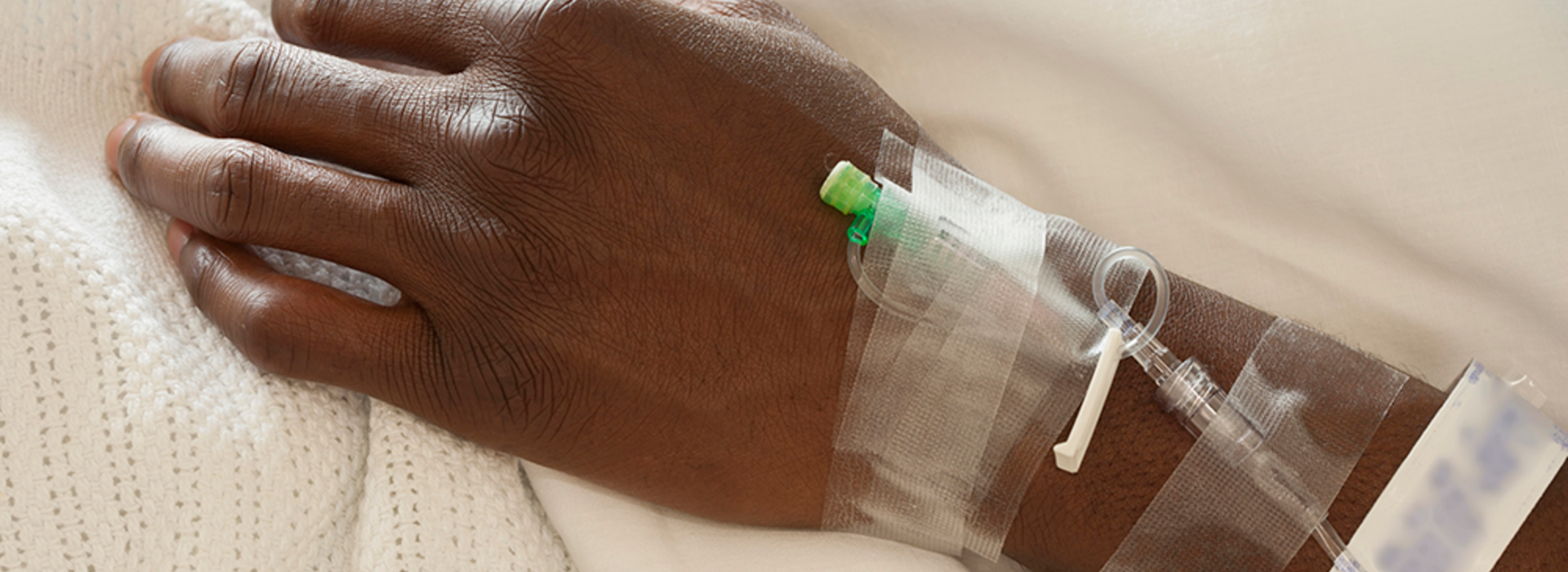
‘Foundations in Health Equity’: New Course to Address Health Disparities
When Taj Mustapha, MD, assistant professor in the departments of Pediatrics and Medicine, first moved from California to Minnesota to begin her joint Internal Medicine and Pediatrics Residency at the University of Minnesota Medical School, she expected to be living in the land of 10,000 lakes for four years at most.
“I stayed because we have the best Med-Peds community in the country. I couldn't find a better place to practice my specialties in a way that focused on not just providing holistic care to patients, but holistically educating people as well,” Dr. Mustapha said. “I still really hate winter. But, yeah, here I am.”
And here at the Medical School, Dr. Mustapha is leading the charge to introduce new medical curricula that teaches medical practitioners, faculty and students to recognize and address racial and other biases in healthcare.
Her course, entitled “Foundations in Health Equity,” is one of several faculty-led education development projects to receive a COVID-19 Medical Education Innovation Grant from the Medical School. With this grant, her course will let learners explore how health disparities have been accentuated by the COVID-19 pandemic.
It’s important to note, however, that this curriculum was in development before the COVID-19 pandemic began. Because, while health inequities between different populations in Minnesota were emphasized by COVID-19, they were not created by it, Dr. Mustapha says.
Two medical students, Tobias Donlon and Anisa Suleiman, worked relentlessly to develop this course after they asked for help in creating more culturally sensitive medical education to combat some of the misinformation they’d heard.
“I acted as a mentor to the students who came to me in the development of this course. The students really developed it. I just provided guidance in terms of helping them focus their goals, understand how to do curricular design, giving them ideas about how to teach this in a way that is inclusive and not polarizing and helping them find content experts,” Dr. Mustapha said. “There are many of us in the Medical School who are interested in advancing diversity, equity and inclusion. And though we are many, it's also not so many that we don't all know each other.”
One way the course is confronting biases is by training a variety of people to adjust their diversity mindset according to the intercultural development inventory, an assessment tool that seeks to build intercultural understanding.
Although the course was initially designed for medical students, curricular elements that are part of “Foundations in Health Equity” have been used in light of recent events across various departments and offices at the Medical School to train faculty, medical practitioners and trainees on how to understand and address bias in the clinical environment.
Because the course was initially designed using education resources that were readily available online, the course was easy to transition to an entirely remote format. The flexibility of the course, according to Dr. Mustapha, met the urgent needs of those looking to educate themselves in light of the COVID-19 pandemic and recent high-profile killings of Black people, including that of George Floyd.
“The tenor of conversation around diversity, equity and inclusion changed dramatically. Now we’re seeing people being more receptive to the kind of education they were reluctant to move forward before,” Dr. Mustapha said. “And that’s a good thing—important. That’s what we need to see more of.”